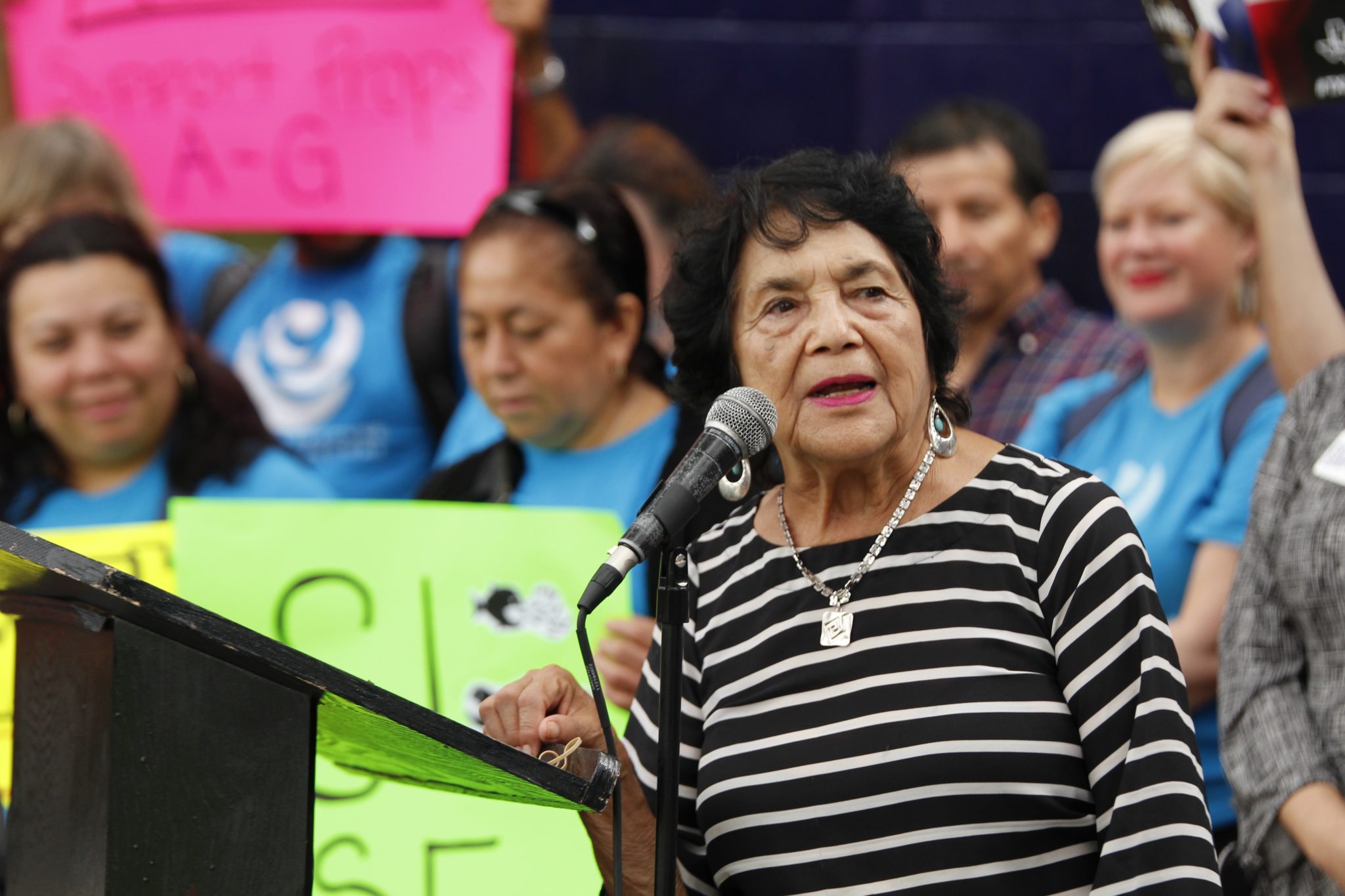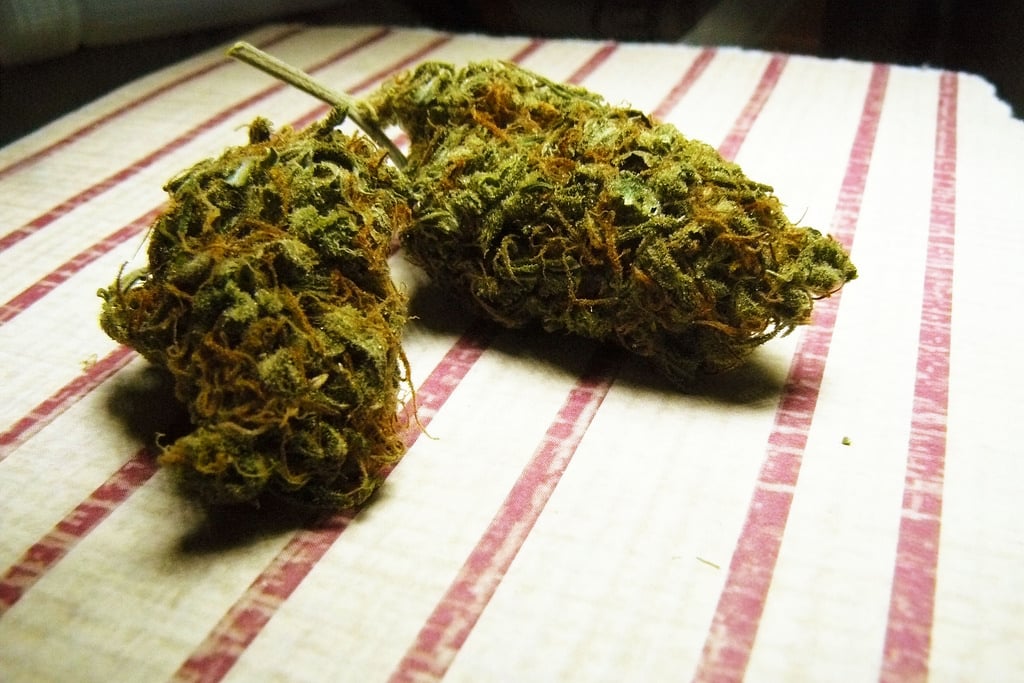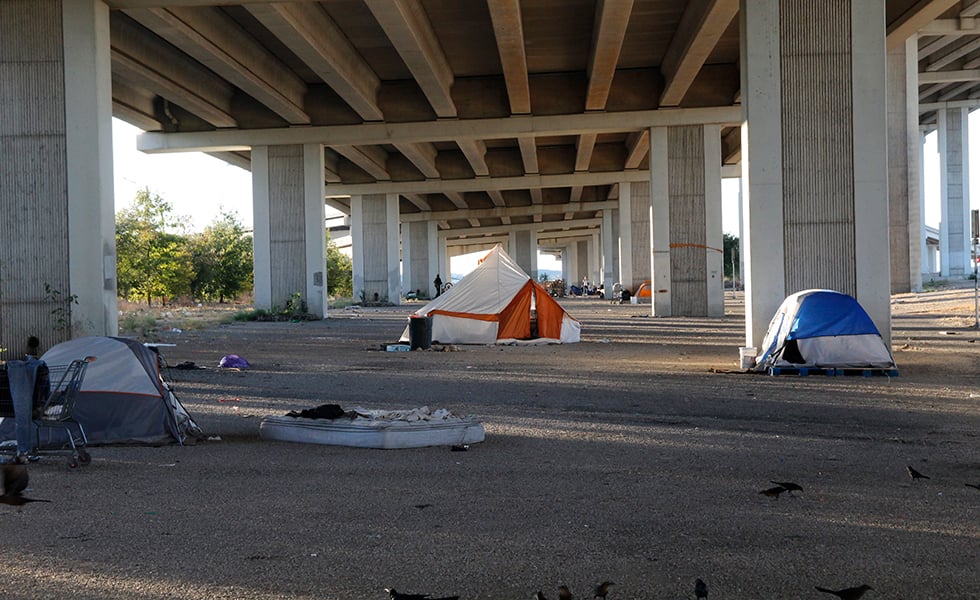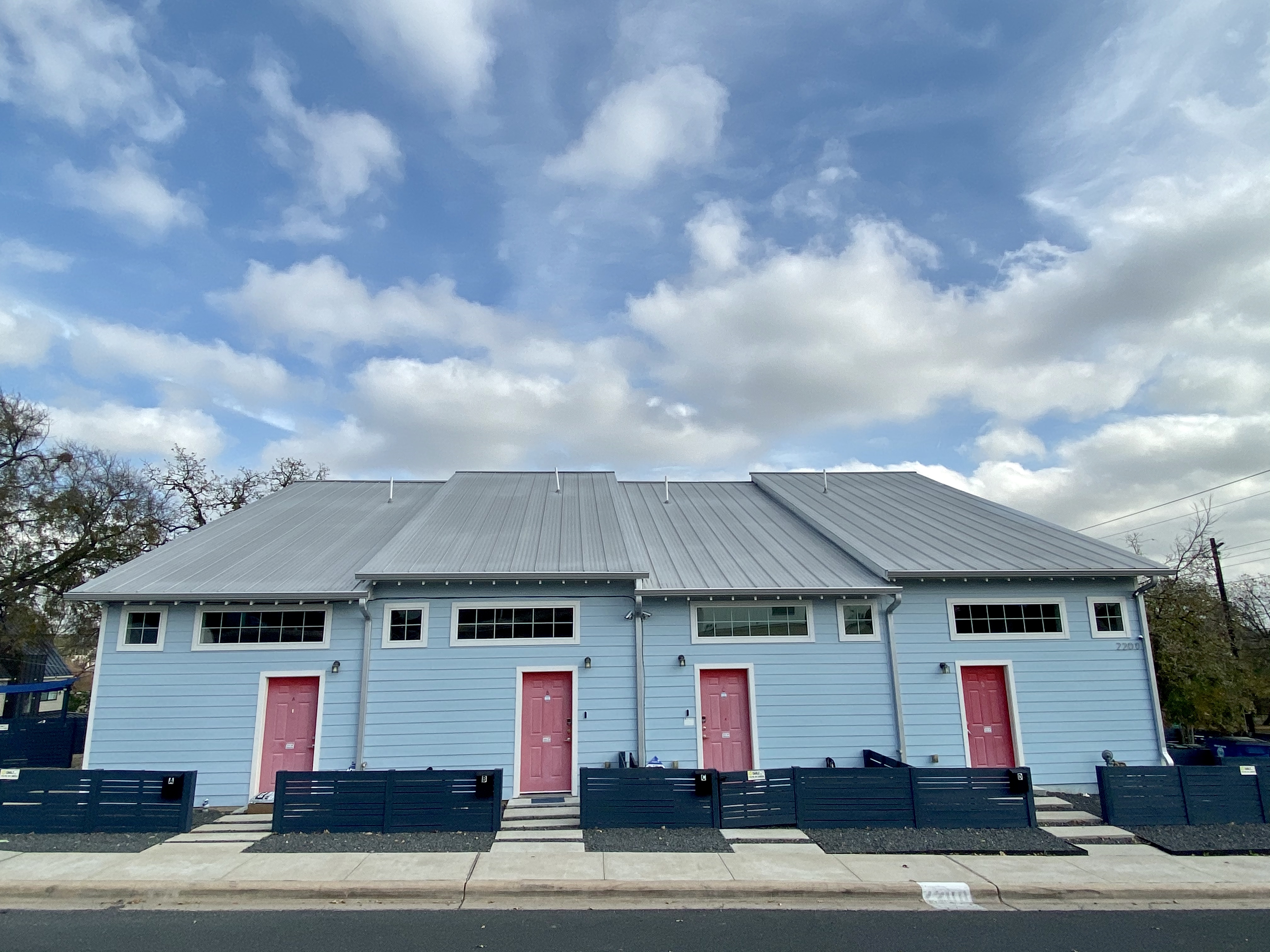
Dolores Huerta is Still Knocking on Doors and Registering Voters at 88
The iconic labor activist talks about the Latino vote, Howard Zinn and the ‘year of the woman.’

At 88, Dolores Huerta is still making you look bad.
In 1962, Huerta and César Chávez co-founded the organization that would become the United Farm Workers, then led the legendary grape strike and boycott that resulted in the first farmworker union contracts in American history. Huerta wrung protections for farmworkers from Congress and the State of California while also raising 11 children. The iconic slogan “sí se puede”? That’s hers. Later, she turned to electoral activism, recruiting female candidates to run in 1992, the first “year of the woman.” Today, the octogenarian is president of her eponymous foundation, serves on the boards of at least three other activist organizations, and is now traveling around the country to turn out the Latino vote in the November midterms.
Despite a persistent drizzle, she took to an outdoor stage on Tuesday in an East Austin park, a mural behind her depicting Chávez, Emiliano Zapata and others. Huerta talked about the importance of voting, then led a chant. “Who’s got the power?” she asked, her voice full and strong. “We’ve got the power!” answered the small crowd. “We’re going to say it real loud,” Huerta added. “So the racists, the neo-Nazis, the alt-right, the homophobes, all the haters hear us.”
Huerta and the crowd then went to knock doors and register voters. The Observer caught up with her to talk about the Latino vote, Chicano history and activism today.
Trump’s anti-immigrant rhetoric seems new and scary to a lot of people. Thinking back through the decades, how bad are things now compared to our history?
I think this is the worst I’ve seen. We’ve had plenty of bad things in the past: Operation Wetback, Proposition 187 in California, other anti-immigrant laws. … But they would often give a false explanation, try to cover up what they were doing. Now, this is so brazen, so out in the open, these racial attacks on our Latino community. And it’s not just rhetoric — the actions they’ve taken, separating children from their parents, the new public charge rule, the whole thing about taking away citizenship if people were delivered by midwives, it’s a very vicious attack on Latinos.
You’re in Austin to turn out Latino voters, but Trump’s policies are targeting undocumented immigrants and other non-citizens. Why will that motivate Latino citizens to vote?
We have a lot of mixed families, and not just families, but people have neighbors, friends, coworkers, employees. Almost everyone is somehow connected. The person serving you at the restaurant, cleaning your building, tending your garden. All of us, we owe so much in society to immigrants who keep the country going.
You came of age, as an organizer, in a confrontational labor movement. You held picket lines and were sprayed with pesticides. Other unions and police attacked you. Today, the left is trying to get people to vote, but maybe without the backbone of a strong labor movement. Is the left missing something now?
There’s a ton of organizing going on. We have the immigrant rights movement, we have other organizations, LGBT groups, there’s the Dreamers movement. If we’re talking about organizing, the Dreamers have been an inspiration, and now there’s Indivisible, Black Lives Matter, March for Our Lives — it’s actually reminiscent of the ’60s.
But does the labor movement have a unique role to play?
Definitely, but here in Texas, that’s a problem because you have right-to-work. So that’s another deterrent to organization.
Speaking of Texas, you’ve been a subject of controversy here; you were taken out of our textbooks in 2010, and you were put back in this year. Why do you think your legacy is controversial for the people who control the textbooks our kids read?
If we’re going to talk about Texas we should talk about Arizona, where they banned ethnic studies. I think it’s a question of the people in power that don’t want our stories to be told. … There’s a powerful line from one of the teachers in Arizona: He says stories can empower or stories can enslave. So when people’s stories are not told, kids don’t see the stories that reflect them. These are liberation stories.
I say this a lot, one of the reasons we have Donald Trump as president is we have massive ignorance in this country, where people do not know the history of the United States because that is not taught in our schools — the Howard Zinn history. We don’t teach our children this country was built on slave labor, our constitution only included white property-owning men pretty much. We had a mass genocide against [American] Indians and here in Texas, Mexicans were massacred; they had to go to the other side of the border or stay here and swear allegiance to the new government.
Part of that Arizona approach was teaching kids their roots were deeper than they may have realized — talking about Mexican-American history, Native American history, how the two are connected. Talking about how half of Mexico was robbed not so long ago. There’s something there about showing Latino kids that they’re not necessarily newcomers to this country.
That’s what they don’t want you to learn. Just like they don’t want kids to know the White House, Monticello, the Governor’s Mansion in Virginia were all built by slaves. This needs to be taught because that way you take away the poison of white privilege. When Anglo children think their people built this country, that’s the racism they’re taught that makes them feel superior. It’s a poison that’s bad for them, too.
You’ve long been an outspoken feminist. In an interview I came across, you describe marking on a piece of paper the number of sexist comments your colleagues made during United Farm Workers board meetings.
This was when I started my campaign against chauvinism in the union. Every time they would make a sexist remark I would make a little mark on my paper and at the end of the meeting, César would say, “Does anyone have anything else to add?” And I would say, “Yeah, during the course of this meeting you guys have made 58 sexist remarks.” And they were all shocked. So we kept doing that until it was down to 20, 10, 5, and it stopped. Everyone started checking themselves before those meetings.
How do you feel about where we are today? On one hand, you have the #MeToo movement, and on the other, you have Brett Kavanaugh confirmed to the Supreme Court.
I think it’s a travesty that he is on the Supreme Court, and I think the Republicans are going to suffer for that, in the long run. I think it’s energized women; they’re already running for office and they’re winning their primaries. Back in 1992, we were going out there organizing women, working to get them to commit to run. Now you have women and no one has to ask them; they’re just running. They’re motivated, they’re angry.
This interview has been edited for length and clarity.


